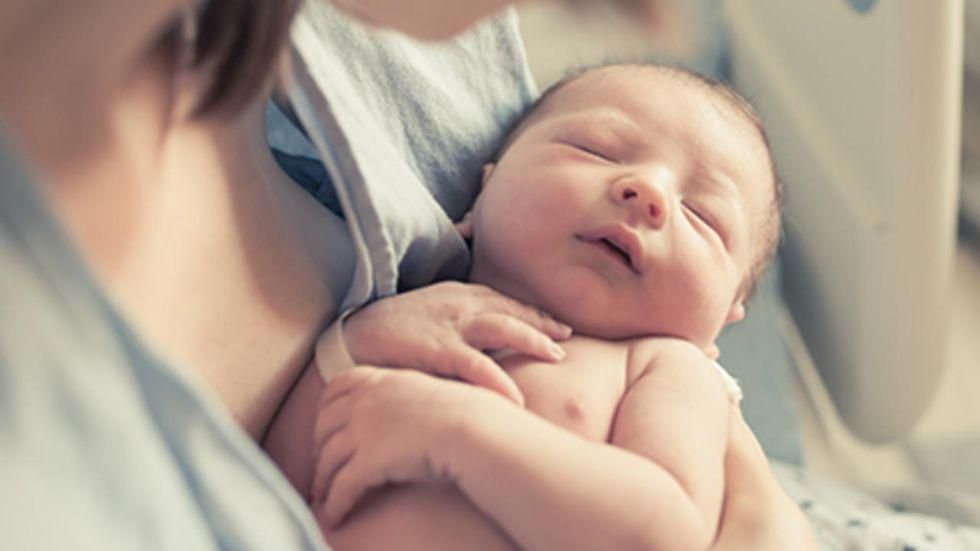THURSDAY, June 3, 2021 (HealthDay News) — America, get ready for a baby boom.
That’s the likelihood anyway, according to a new forecast that suggests a drop in pregnancy and birth rates seen during the early part of the COVID-19 pandemic is about to be reversed.
“We expect a dramatic rebound soon,” said study lead author Dr. Molly Stout. She is maternal fetal medicine director at Michigan Medicine Von Voigtlander Women’s Hospital, in Ann Arbor.
“We’re already seeing signs of a summer baby surge,” Stout added.
Using a modeling system based on Michigan Medicine data, her team found that pregnancies rose from 4,100 in 2017 to 4,620 in 2020.
Between November 2020 and spring of 2021, though, they dropped by roughly 14%. The researchers attributed the drop to a downturn in conceptions associated with pandemic-related lockdowns that began in March 2020.
Now, the modeling system suggests that over the summer and fall of 2021, there will be 10% to 15% more births than would normally be expected, according to the report published online June 3 in JAMA Network Open.
While previous media reports have suggested a pandemic-linked baby boom, they were mostly speculative and not based on data, Stout noted.
“What we have shown here is that through modeling of pregnancies within a health care system, we can project birth rate increases and decreases associated with major societal shifts,” she said in a Michigan Medicine news release.
Stout pointed out that major societal changes seem to influence reproductive choices, population growth and fertility rates. She cited the 1918 flu pandemic, the Great Depression in 1929 and the recession of 2008 as examples.
“Usually, we see the effects by modeling birth and death rates, only as the changes are occurring,” Stout said. “With this methodology, we can accurately project anticipated birth rates ahead of the actual changes.”
Being able to predict upcoming birth trends may help health systems better plan for labor and delivery needs, she said.
Experts suggest that the drop-off in pregnancies after pandemic-related lockdowns in March 2020 may owe to several factors. Among those are economic uncertainty; lack of child care or other support systems; the impact on working women; and postponement of reproductive and fertility care.
More information
The U.S. Centers for Disease Control and Prevention has more on COVID-19 and pregnancy.
SOURCE: Michigan Medicine, news release, June 3, 2021
Copyright © 2026 HealthDay. All rights reserved.

